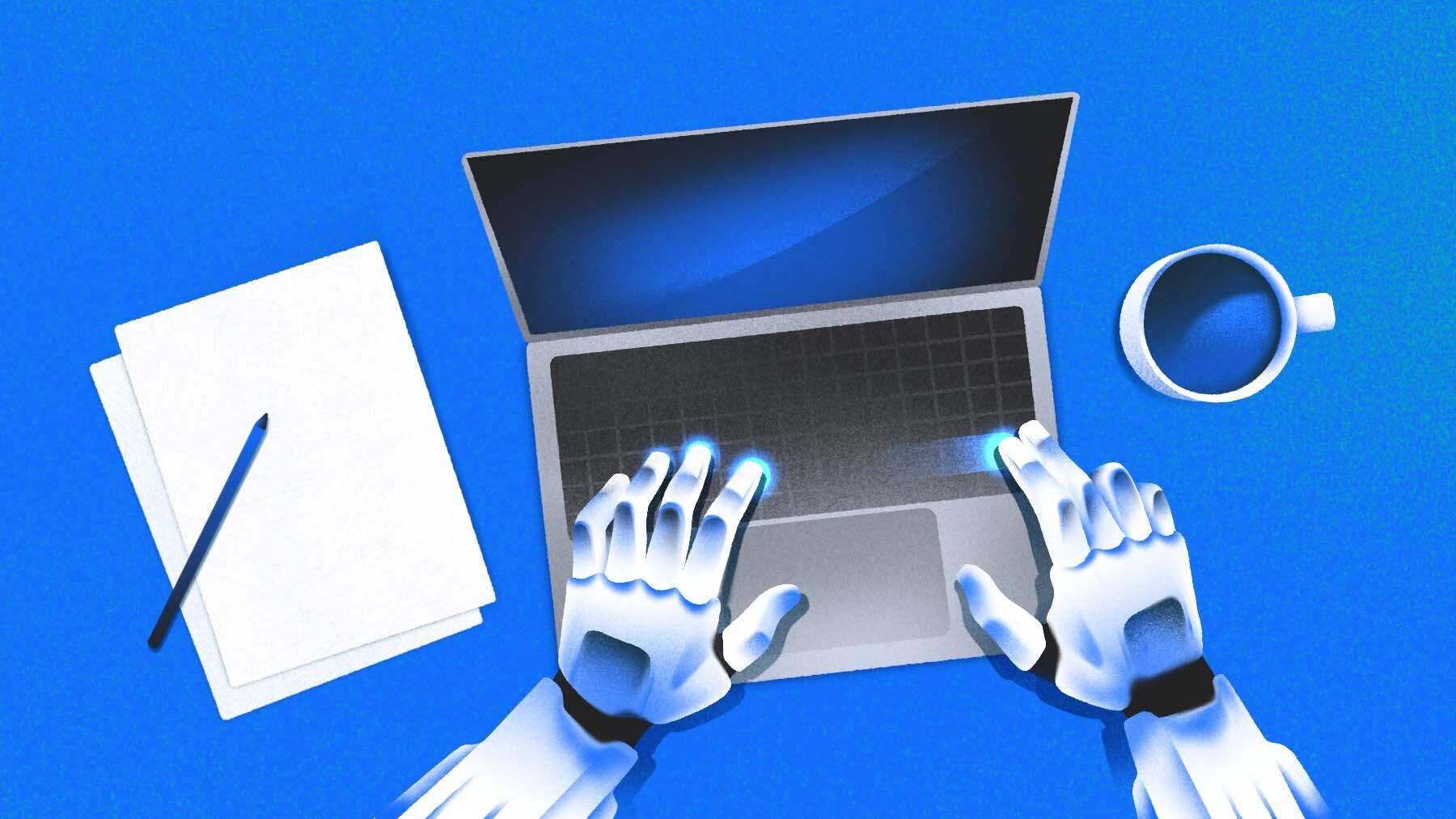These days, hearing about hot companies in generative AI raising huge rounds at multibillion-dollar valuations has gotten pretty routine.
However, when news broke this week that OpenAI is in talks for a new funding round at a valuation of over $100 billion, it drove home just how big the stakes have become. The investment, said to include backing from Thrive Capital and Microsoft, represents a 16% jump from OpenAI’s last known valuation.
It’s a ginormous number, even by venture-backed unicorn standards. So, we put together a few comparable stats to put it in context.
- At $100 billion, OpenAI will have a valuation higher than the GDPs of 110 nations. It will be valued at more than twice the GDP of Uganda, a nation of 47 million, and roughly 7x that of Madagascar, with 30 million people and a landmass larger than Spain.
- The generative AI giant’s value will also exceed the initial market cap of every U.S. venture-backed startup to go public except Facebook (now Meta), which debuted at a $104 billion valuation in 2012. By comparison, the next two largest were Uber in 2019 ($82.4 billion) and Rivian in 2021 ($66.5 billion).
- OpenAI’s valuation will be larger than the biggest startup acquisitions of all time, by a long shot. For now, the largest purchase is Meta’s $19 billion acquisition of WhatsApp in 2014. (Adobe’s planned $20 billion acquisition of Figma would have been the biggest, but was terminated late last year.)
- An investment at a $100 billion valuation would make OpenAI the most valuable American, venture-backed private company after SpaceX, which was reportedly considering a recent offer to purchase shares at a $210 billion valuation.
What recent history says about record-setting valuations
Certainly there’s room for skepticism about whether OpenAI — a company that loses gobs of money on revenue said to be around $3.4 billion annually — should be valued at $100 billion.
Recent history, however, shows that the most highly valued startups do often deliver on investors’ lofty expectations over time. Meta, for instance, is now a $1.3 trillion company, and Uber was recently valued around $150 billion.
Others have disappointed. Rivian, for instance, is worth a fraction of its initial post-IPO valuation. Uber rival Lyft also debuted with a bang in 2019 at a $24 billion market cap and has since seen its shares steadily sink.
So, while one might be wary about betting on OpenAI at these levels, there’s also reason to believe it would be risky to bet against it.
Illustration: Dom Guzman

Stay up to date with recent funding rounds, acquisitions, and more with the Crunchbase Daily.


![Illustration of a robot typing on a laptop. Generative AI [Dom Guzman]](https://news.crunchbase.com/wp-content/uploads/generative-ai-v1-990x557.jpg)



![Illustration of AI/Human teamwork. [Dom Guzman]](https://news.crunchbase.com/wp-content/uploads/AI-cowork-470x352.jpg)
![Illustration of a guy watering plants with a blocked hose - Global [Dom Guzman]](https://news.crunchbase.com/wp-content/uploads/quarterly-global-3-300x168.jpg)
67.1K Followers